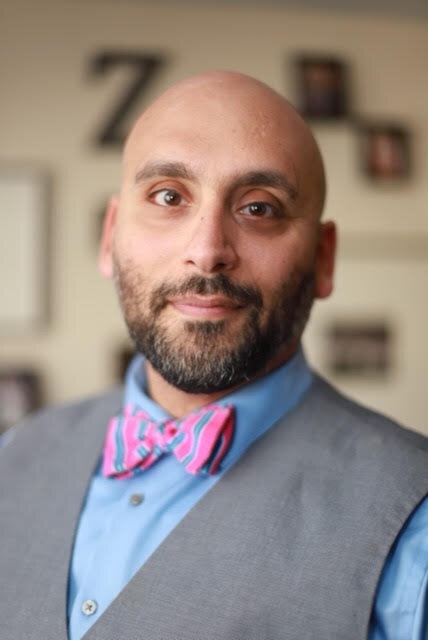Meaningful Relationships vs Meaningful Use: Concierge Care
/By Dr. Raymond Zakhari, NP
Concierge medicine is rapidly gaining traction among people who are looking to establish a meaningful relationship with their primary care provider. Patients are yearning to experience a different kind of medical care – one where their doctor spends quality time with them instead of rushing off to complete paperwork, or see the next person in a crowded waiting room of patients. A few years ago, doctors were always ready and able to drop everything and tend to the needs of their patients. “Family doctors” had a relationship-based model of care, and made house calls.
Unfortunately, insurance companies and mounting government mandates have reduced health care to a list of codes, and endless forms. Patients are known by a string of numbers. Both doctors and patients are made to conform to the new regulations of the day. The traditionally practicing health care provider has a second full time job as a data entry clerk. Patient-focused services have eroded over time. Suddenly, the doctor-patient relationship is a business arrangement consisting of fast in, fast out, drive by physical exams, impersonal and fragmented care, and increased ER and Urgent care visits.
Do you find that your current annual physical leaves something to be desired? Are you sure that you know as much as you can about your health? If you are like most busy people here in New York, your annual physical does not provide you with full information about your health. Have you ever felt that your doctor could not provide you with the care you needed and have been rushed along? Are you tired of competing for your doctor’s attention? Are you fed up with calling to book an appointment and waiting on hold for hours, only to learn that the next available date isn’t for six months, and speaking to impersonal curt front of the house staff? If you’re one of the thousands of patients who has felt this way, it is likely because your doctor is one of the many overbooked Primary Care Providers/ Data Entry Clerks.
A Concierge Nurse Practitioner eliminates the need to chase your doctor and to try and fit yourself into his or her already overbooked slot. A concierge Nurse Practitioner deliberately plans enough time to talk to you as the most important member of your health care team. A Concierge Nurse Practitioner is willing to spend as much time as needed to uncover any potential issues with your health.
If you are ready to take control of your health care with a board certified primary care provider that has the time to focus on you, then you would greatly benefit from the expert care of a nurse practitioner. Concierge care allows you to experience relationship-based primary care, and return to the good old days, of house calls, compassionate care, talk therapy, and a complete understanding of your diagnosis and treatment options. Join this movement to revitalize medical care, with a nurse practitioner that values your business and respects your time.



